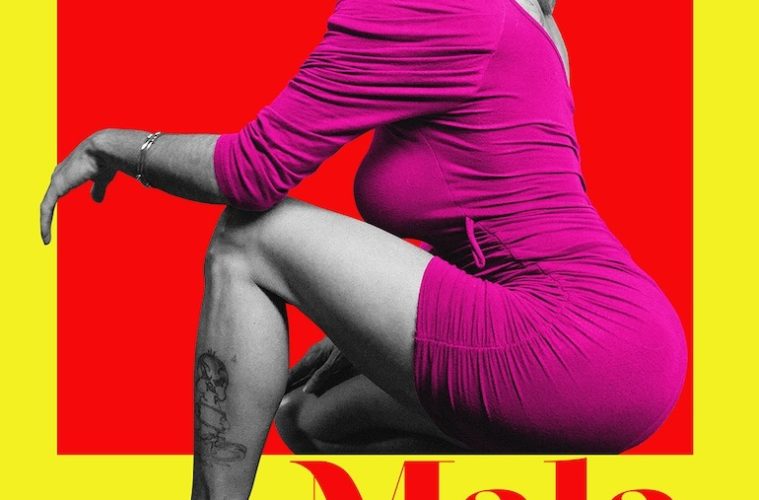Colorful and beautifully shot, Mala Mala is occasionally as tender and provocative as some of Pedro Almodóvar’s best work. Told through nine subjects, directors Dan Sickles and Antonio Santini’s documentary about the Puerto Rican transgendered experience is a mixed bag: some are engaging, some are redundant. Our intro offers a glimpse of what’s to come, opening with the film’s seediest subject (Denise “Sandy” Rivera), a prostitute who introduces us to her line of work and the – shall we say – mechanics involved in her performance. As the territory later evolves on the issue of discrimination against transgendered persons (perhaps faster than some states the U.S.), the film traces the economics of gender performance, including its costs and benefits. Men transitioning to women can’t seem to find legitimate work. The film’s single female to male transition, Paxx Moll and his partner, struggle with the lack of availability of testosterone in Puerto Rico as they come up with their own workarounds.
Directed with a tender humor by Sickles and Santini, Mala Mala walks the line between verite and its more performative elements, allowing each of its subjects to have a bold introduction, which is fitting as several cite influences such as Beyoncé and RuPaul (one even makes it to RuPaul’s Drag Race). Evolving with the story in the film’s third act, Mala Mala finds a kind of triumph, yet focusing on nine voices, it doesn’t feel quite broad enough; Paxx represents the only female to male transition in the group. Around the introduction of Alberic, I started to lose interest as his story is an initially fascinating one that’s unfortunately as interesting as it could have been.

Its passages chronicling the drag queen community (and various thoughts regarding surgery) become a little redundant, focus and skewed towards dance numbers at a drag clubs like the Doll House. Despite the spectrum of voices on screen, including Sophia, an aging New York transplant who mostly remains quite in public with a voice like Larry David, the elements of Mala Mala are a mixed bag. Sickles and Santini never judge or psychoanalyze their subjects — their voice is entirely off screen. There’s a certain kind of inmates running the jail mentality driving the picture, and these girls love to talk, yet sometimes they’re not saying anything terribly interesting.
Some, however, are better at telling their story, including activist Ivanna who works on a series of initiatives with her Butterflies Trans Foundation, including community services, educational outreach and activism that leads to a change in laws. She’s a hero of sorts, and I imagine refocusing the story around her organization might have made for a more engaging documentary.
Mala Mala is now playing in New York at the IFC Center.

